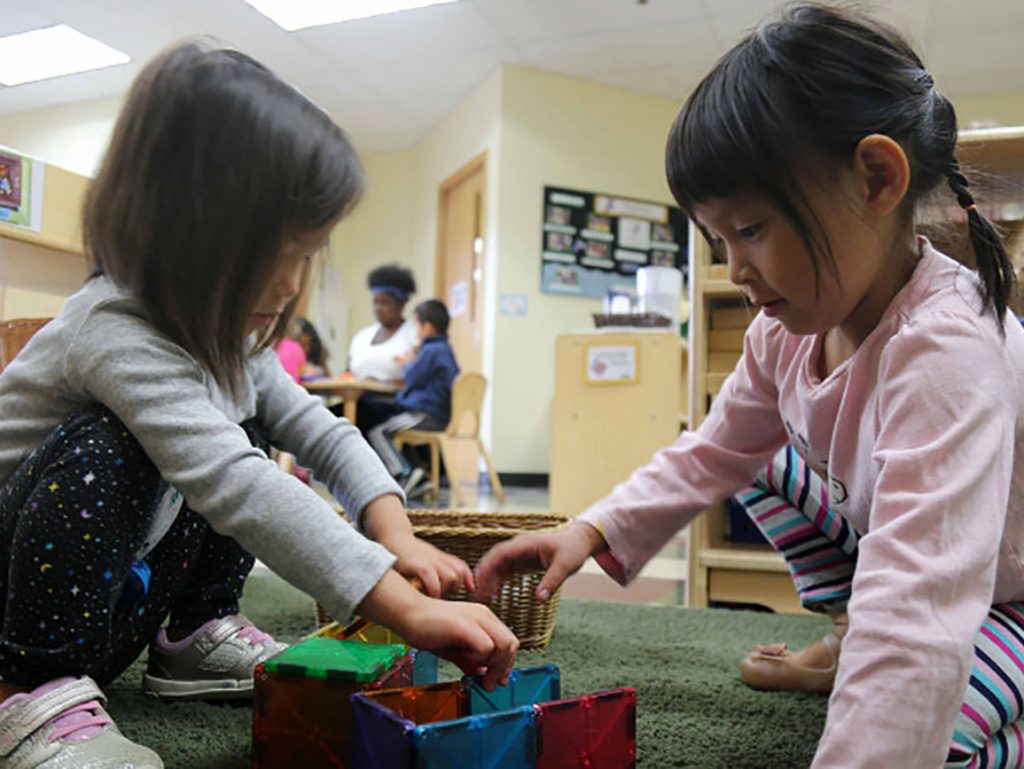Curated by the Knowledge Team of ICS Career GPS
Career

5 strategies to reinvent your career in uncertain times
Excerpts from article by David Lancefield and Dorie Clark published in the Harvard Business Review
During times of uncertainty, we tend to hunker down and cling to the status quo. A kind of myopia kicks in, and we focus on our most urgent decisions: how to keep our families safe and healthy, how to keep our bosses happy, or, if we’ve lost a job, how to find a new one as quickly as possible.
When we’re overwhelmed, it can be hard to find the time, motivation, and mental energy to think about longer-term questions. But despite the challenges that extended periods of uncertainty present, those periods also offer unparalleled opportunities for strategic planning.
Here are 5 strategies that can help you leverage the power of uncertainty to reinvent your career:
1. Explore a range of options — including the unthinkable.
If you’re looking for work, consider planning not just for the most likely scenarios but also for one in which you’re unemployed for twice as long as you expect, or in which your spouse also loses his or her job. Although such possibilities can be difficult to think about, figuring out exactly how you would handle them — and setting triggers for action, such as “If I haven’t landed a job by February, I’ll move to a cheaper apartment or rent out the spare bedroom” — can help ensure that you don’t find yourself in a more dire position later on.
2. Imagine your best possible future.
Strategic planning isn’t just about imagining the worst possible outcomes. Equally important is considering ideas and opportunities that might never have occurred to you before. Challenge the assumptions you are making about yourself — things like “I’ve never tried that type of work before, so I wouldn’t be a good candidate”. Think about different ways you could leverage your skills and fulfill your passions.
Although it may sound simple, imagining best-case-scenario futures is sometimes even harder than preparing for the worst. Here are some strategies to help you get started.
- For inspiration, delve into your most vivid difficult moments — challenges you faced during the pandemic, for example — and think about the skills or creative adaptations you drew on to meet them.
- Construct a personal highlights reel to help you remember the moments when you were at your best. The patterns you discover can serve as clues. If you’ve consistently enjoyed mentoring colleagues, for instance, you might consider how to develop new skills around coaching.
- To understand what you value, think about how you spend your free time.
- Go beyond your past experience and current industry to explore new arenas and emerging trends.
3. Build capabilities relevant to your future self.
In normal times, it’s typical to first identify a job you’d like to have and then work to acquire the skills needed to land it. But in periods of extreme uncertainty, that can be a risky approach, because the company or even the sector you’re focused on may face unexpected disruptions.
We suggest taking a “skills first” approach: Identify the skills you’ll need to cultivate in order to grow toward your broad personal and professional goals, and then determine which jobs might be a good fit.
To identify and develop new skills, we recommend the following strategies:
- Find opportunities to practise new skills in your current role.
- Explore online programmes and courses.
- Reach out to people you can learn from through informal mentoring or formal coaching.
4. Start small.
To move past the paralysis of uncertainty, focus on what you can change in the short term. If your tasks feel intimidating, try “chunking” them into more-manageable sub-tasks. Writing a book might seem overwhelming, but drafting a high-level outline can be done in an afternoon.
An executive we know was contemplating a career move, but after years of focusing exclusively on the day-to-day tasks of his job, he found the prospect of rebuilding his skills and network somewhat daunting. As a first, step, he decided to set up five calls every week with people in his network (university friends, previous customers, and people he knew socially) to catch up on news in their various industries and learn more about different roles and organisations. After a few months, some of those people started sending him job openings they thought would be relevant.
5. Be ruthless about what you need to leave behind.
It’s hard to give up things in which you’ve invested a lot of time, effort, and energy. And it’s easy to be nostalgic about the past, especially when facing uncertainty in the present. But moving forward means taking a clear-eyed view of what’s no longer serving you.
One of David’s colleagues had always envisioned herself in a portfolio career, one that would include serving on a corporate board. She realised she was not on track to achieve that goal because she chronically overfilled her calendar with work and volunteer obligations. Once she understood the opportunity cost of her current schedule, she began delegating more responsibilities. She created formal handover plans, developed a script for turning down requests and more assertively saying ‘no’.
Human beings are wired to avoid uncertainty — but no matter how hard you try, there’s no escaping it. Instead, it’s best to view uncertainty as an opportunity for growth.
Education

7 essential life skills to help your child succeed
Excerpts from an article by Bright Horizons Education Team published in the Bright Horizons
Life skills go hand in hand with development, and can help your child succeed later in life.
In her groundbreaking book, Mind in the Making, Ellen Galinsky describes seven skills necessary for success in all aspects of life, including school, relationships, and work. Children can learn these skills beginning in early childhood.
What are life skills?
Teachers sometimes describe these skills as “learning to learn” skills, which can be developed through intentional daily activities. Below, we explore the seven essential life skills and offer some simple ways to nurture them.
1. Focus and Self-Control
Children thrive on schedules, habits, and routines, which not only create a feeling of security, but also help children learn self-control and focus. Talk with your child about what to expect each day. Organise your home so your child knows where to put shoes, coats, and personal belongings. Also, quiet activities like reading a book, enjoying sensory activities, or completing a puzzle together can help your child slow down and increase focus.
2. Perspective-Taking
Thinking about another’s point of view doesn’t come naturally to most children, but it can be developed. Discuss characters’ feelings and motivations in the books you read, e.g., “I wonder why the cat and the pig wouldn’t help the little red hen.” Make observations about how others are feeling, e.g., “She was really sad that she didn’t get a turn. I wonder what we can do to make her feel better.”
3. Communication
Children need high-touch personal interactions every day to build healthy social-emotional skills, including the ability to understand and communicate with others. Children need to learn how to “read” social cues and listen carefully. They must consider what they want to communicate and the most effective way to share it. Just talking with an interested adult can help build these skills.
4. Making Connections
The more connections we make, the more sense and meaning we make of the world. Young children begin to see connections and patterns as they sort basic household items like toys and socks. Simple acts, such as choosing clothing appropriate for the weather, helps them build connections. Point out more abstract connections in life, or in stories you read.
5. Critical Thinking
We live in a complex world in which adults are required to analyse information and make decisions about myriad things every day. One of the best ways to build critical thinking is through rich, open-ended play. Make sure your child has time each day to play alone or with friends. This play might include taking on roles (pretending to be fire fighters or super heroes), building structures, playing board games, or playing outside physical games, such as tag or hide-and-go-seek. Through play, children formulate hypotheses, take risks, try out their ideas, make mistakes, and find solutions.
6. Taking on Challenges
One of the most important traits we can develop in life is that of resilience—being able to take on challenges, bounce back from failure, and keep trying. Children learn to take on challenges when we create an environment with the right amount of structure—not so much as to be limiting, but enough to make them feel safe. Encourage your child to try new things and allow reasonable risk, such as climbing a tree or riding a bike.
7. Self-Directed, Engaged Learning
A child who loves learning becomes an adult who is rarely bored in life. To encourage a love of learning, try to limit television and encourage plenty of reading, play, and open-ended exploration. Model curiosity and enthusiasm for learning in your own life by visiting the library together, keeping craft supplies, making games available, etc.
By following these simple tips, you can easily help your child build essential skills.
(Disclaimer: The opinions expressed in the article mentioned above are those of the author(s). They do not purport to reflect the opinions or views of ICS Career GPS or its staff.)
Like this post? For more such helpful articles, click on the button below and subscribe FREE to our blog.




